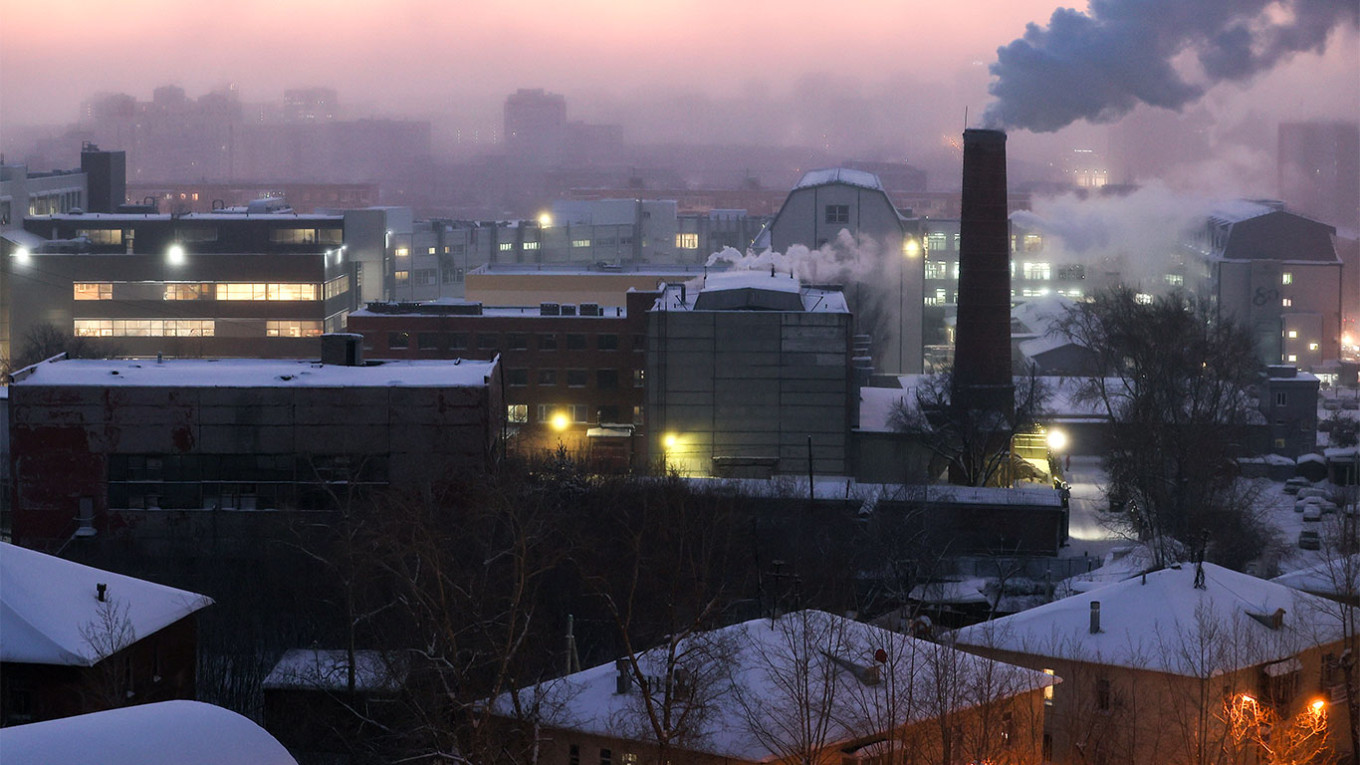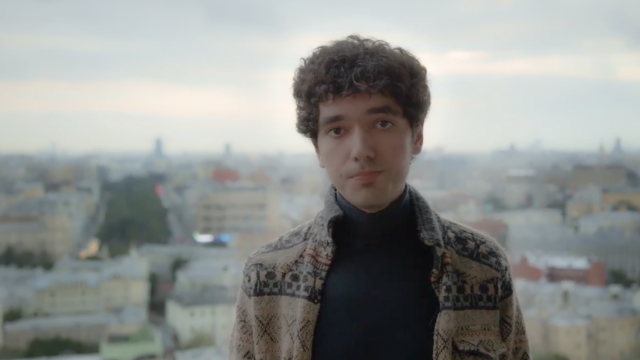My activist friends are currently attending the UN climate conference COP28 in Dubai, while I can't leave Germany. Russia stripped me of my citizenship and I am currently stateless. Most Russians don't know anything about these conferences, who is representing them there, or what those representatives are doing.
Why don't Russians know about this? Because nobody is talking about the climate crisis.
Five years ago, when I was just starting out in activism, I asked a well-known opposition politician to support the Fridays For Future climate protests in Russia. When he told me Russia was not ready for the climate agenda, I was surprised. Politicians talk all the time about their visions for Russia’s future. So why do they keep ignoring such a serious threat to this future?
Since then, the impacts of climate change have been obvious. Forest fires have ravaged Siberia; there was a disastrous oil spill in Norilsk; the storm of the century hit Sochi; and melting permafrost is destroying infrastructure in Siberia. People are taking a stand, which is obvious from protests against a waste dump in Shiyes and for the preservation of the Kushtau hill in Bashkortostan. There have been countless other disasters and regional protests that we don't know about. All international and domestic attention is focused on Moscow, the capital of the Russian empire.
I used to think the opposition ignored climate change because they had more important things to focus on. The Kremlin’s crackdown on civil society has left the opposition movement struggling for its survival. But now that many of them have fled to Europe, where they hold conferences to talk about how great they are almost every month, they are continuing to ignore the environmental agenda.
The opposition spends its time taking part in daily fights on Twitter, which I am tired of following. They keep arguing about the same thing — elections that few Russians believe in. Meanwhile, the environmental crisis continues to creep toward a global tipping point.
It is obvious that ordinary Russians can see that something is wrong. Unlike the opposition, they can look out the window and see skies blackened by pollution, floods, powerful storms and forest fires.
I think the problem is that the opposition don't understand their own country. Living metropolitan lives in Moscow, they grew used to Mayor Sergei Sobyanin's electric buses and other comforts of modern life.
Now that many of them live in Europe they get to experience wind turbines, separate waste collection and plentiful vegan food. But none of this inspires them to offer a vision of a greener future in their home country. They stick to their strategy of focusing on the Kremlin’s repressions which, though important, do not inspire ordinary Russians.
At the same time, environmental protests continue in Russia at the local level. Some have even been successful at blocking the destruction of green spaces. But as long as these successes happen separately from demands for systemic change, then neither the environmental movement nor the wider opposition will stand a chance of defeating Putin's regime.
The Kremlin’s propaganda has done a great job of turning people against progressive causes like fighting for the rights of minorities, women, and the LGBT community. The average Russian will find statements on these topics controversial. But the environment is a special case. According to a 2022 poll by the Levada Center, three-quarters of Russians consider pollution and the destruction of green spaces to be serious problems for society.
There is another very important reason why the Russian opposition should talk about the environment. Revenue from fossil fuels is the foundation of the Russian regime. When I went to COP in 2019 and 2020, I saw with my own eyes how Putin's representatives were promoting the interests of the state-owned Rosatom corporation and fossil fuel corporations. When countries continue to buy Russian fossil fuels, they are continuing to fund the Kremlin and its war effort.
The Russian regime’s strategy shows they are clearly afraid of popular anger growing stronger. Even during the war, they have made concessions to environmental protests. I think the fact that I kept asking the state inconvenient questions is why I was stripped of my citizenship. In the long term, it is very important to try to politicize the environmental movement in Russia.
Putin's regime certainly has the resources to control peoples’ views on the climate. I have seen quite a few videos on social media with so-called scientists who deny that climate change is exacerbated by humans. Many ordinary people don't have enough knowledge on the subject so are vulnerable to spreading these conspiracy theories.
In the words of Colombian President Gustavo Petro at COP28, when choosing between fossil fuels and life, "I have no doubt which position to take.” Russians won't hear about any of this. But it would be good if the opposition gave them the choice to do so.
A Message from The Moscow Times:
Dear readers,
We are facing unprecedented challenges. Russia's Prosecutor General's Office has designated The Moscow Times as an "undesirable" organization, criminalizing our work and putting our staff at risk of prosecution. This follows our earlier unjust labeling as a "foreign agent."
These actions are direct attempts to silence independent journalism in Russia. The authorities claim our work "discredits the decisions of the Russian leadership." We see things differently: we strive to provide accurate, unbiased reporting on Russia.
We, the journalists of The Moscow Times, refuse to be silenced. But to continue our work, we need your help.
Your support, no matter how small, makes a world of difference. If you can, please support us monthly starting from just $2. It's quick to set up, and every contribution makes a significant impact.
By supporting The Moscow Times, you're defending open, independent journalism in the face of repression. Thank you for standing with us.
Remind me later.








